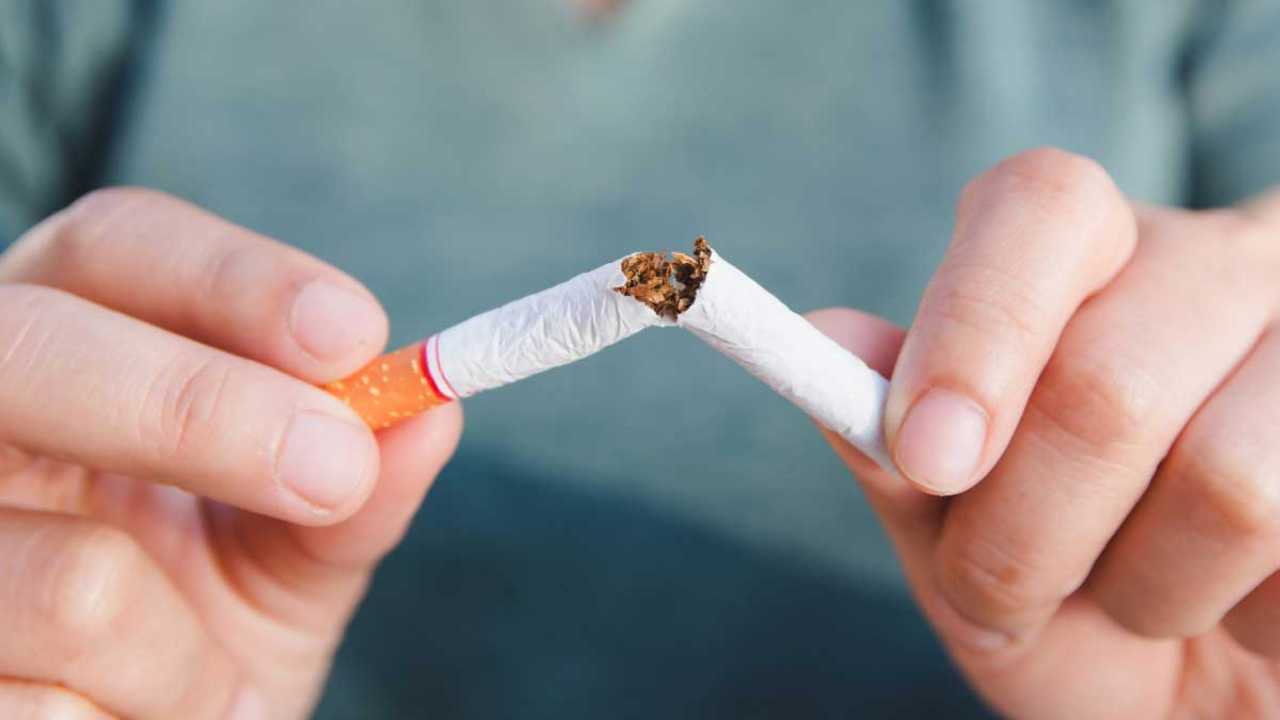Bladder Cancer and Smoking: How to Quit and Reduce Your Risk

Bladder cancer is a serious health concern, with smoking identified as a leading risk factor. Studies show that smokers are significantly more likely to develop bladder cancer than non-smokers. Quitting smoking not only reduces this risk but also promotes better overall health. For those looking to quit and lower their risk, understanding the link between smoking and bladder cancer is a crucial first step.
The Link Between Smoking and Bladder Cancer
When tobacco is burned, harmful chemicals are released that enter the bloodstream and are eventually filtered by the kidneys. These carcinogenic substances are concentrated in the urine, which then passes through the bladder, exposing the bladder lining to cancer-causing agents. Over time, repeated exposure can lead to cell mutations, significantly increasing the likelihood of bladder cancer. For long-term smokers, the risk can be up to four times higher than for non-smokers.
Health Benefits of Quitting Smoking
Quitting smoking has a direct and positive impact on reducing bladder cancer risk. Studies have shown that the risk of bladder cancer decreases almost immediately after quitting and continues to reduce over time. Five years after quitting, former smokers have a significantly lower risk compared to those who continue to smoke. Besides reducing the risk of bladder cancer, quitting smoking also lessens the likelihood of other serious conditions, such as lung disease, heart disease, and other forms of cancer.
Effective Strategies for Quitting Smoking
Quitting smoking is challenging but achievable with the right support and strategies. Setting a quit date and preparing mentally can increase the chances of success. Many people find it helpful to remove triggers that prompt them to smoke, such as avoiding certain social settings initially or changing daily routines. Building a support system with friends, family, or support groups can also provide motivation and accountability. Each day smoke-free is a step toward a healthier life.
Exploring Nicotine Replacement Therapy (NRT)
Nicotine replacement therapy (NRT) can ease withdrawal symptoms, making the quitting process smoother. NRT provides a controlled dose of nicotine, helping to manage cravings without exposing the bladder and body to harmful tobacco chemicals. Options include nicotine patches, gums, lozenges, and nasal sprays. These aids can significantly improve the chances of quitting successfully and are a safe alternative to smoking.
The Role of Professional Support
Many people benefit from counselling or behavioral therapy as part of their journey to quit smoking. Professional guidance can provide tailored strategies for managing stress, dealing with triggers, and building a sustainable plan for staying smoke-free. Online programs and mobile apps are also available, offering continuous support and reminders for those who prefer virtual assistance.
Developing Healthy Lifestyle Habits
Adopting a healthy lifestyle that includes regular exercise, a balanced diet, and adequate hydration can support the body’s recovery from the effects of smoking. Exercise releases endorphins, which can improve mood and reduce cravings, while a healthy diet helps restore nutrients lost through smoking. These lifestyle changes not only improve overall health but also help reduce cancer risk factors.
Reducing Bladder Cancer Risk Through Lasting Change
Quitting smoking is a powerful way to reduce the risk of bladder cancer and improve overall health. By adopting effective strategies and seeking support, individuals can make lasting changes for a smoke-free, healthier life. KKR Hospital in Chennai provides resources and comprehensive guidance to individuals looking to quit smoking and reduce their cancer risks as well as those who are suffering from it.
